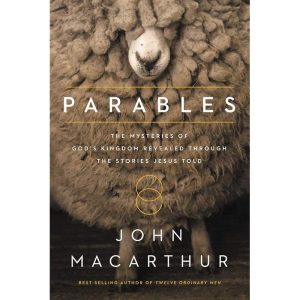Description
**The Age of Reason** is often used as another name for the **Enlightenment**, a period in European history roughly spanning from the late 17th century through the 18th century. It was an intellectual movement that emphasized reason, science, and skepticism of traditional authority, particularly religious and monarchical power. This period marked a shift in thinking where individuals began to prioritize rational thought, empirical evidence, and human rights, over superstition and inherited tradition.
### Key Features of the Age of Reason:
1. **Emphasis on Rationalism and Empiricism**: Thinkers like René Descartes, John Locke, and Isaac Newton championed reason and scientific observation as the primary means to understand the world, in contrast to faith-based or dogmatic approaches.
2. **Questioning of Authority**: The Age of Reason involved a growing skepticism toward established institutions, especially the Church and monarchy, which had long been sources of unquestioned authority in Europe.
3. **Scientific Revolution**: The period coincided with the Scientific Revolution, which saw groundbreaking discoveries in physics, astronomy, biology, and other sciences. Figures like Galileo Galilei, Johannes Kepler, and Isaac Newton laid the groundwork for modern science, which was seen as a way to achieve progress and better understanding.
4. **Philosophical Ideas**: Philosophers like Immanuel Kant, Voltaire, Jean-Jacques Rousseau, and Montesquieu challenged traditional views on government, religion, and society. Many advocated for the separation of powers in government, the rights of the individual, freedom of speech, and religious tolerance.
5. **Secularism and Deism**: While many thinkers of the time still believed in God, they rejected traditional religious practices and doctrines. Deism became popular, which held that reason and observation of the natural world could lead to an understanding of the divine, without the need for organized religion or scripture.
6. **Political and Social Reform**: The Age of Reason contributed to significant political changes, including the rise of democratic ideas and the eventual revolutions that transformed the political landscape of Europe and the Americas. In particular, the ideas of John Locke and Jean-Jacques Rousseau on the rights of man and the concept of the social contract influenced the American and French Revolutions.
### Key Figures:
– **John Locke**: A philosopher who argued that people have natural rights to life, liberty, and property, and that governments derive their authority from the consent of the governed.
– **Voltaire**: A writer and philosopher known for his advocacy of freedom of speech, religious tolerance, and criticism of the Catholic Church and French monarchy.
– **Jean-Jacques Rousseau**: A political theorist whose work on the social contract and the idea of popular sovereignty influenced the development of modern democracy.
– **Immanuel Kant**: A philosopher who argued that enlightenment is man’s emergence from his self-imposed immaturity, advocating for the use of reason to understand the world and humanity’s moral duties.
– **Baron de Montesquieu**: A political philosopher who proposed the separation of powers in government, a concept that would greatly influence the creation of modern democratic systems.
### Impact of the Age of Reason:
– **Scientific Advancements**: The Age of Reason led to the flourishing of the scientific method, with thinkers like Isaac Newton establishing foundational laws of physics and leading to the development of modern science.
– **Political Change**: The ideas of the Enlightenment helped to inspire political revolutions, such as the **American Revolution** (1776) and the **French Revolution** (1789), both of which sought to establish more democratic and egalitarian societies.
– **Human Rights and Social Reform**: Enlightenment thinkers emphasized the importance of individual rights, equality, and justice, which laid the intellectual groundwork for later movements such as the abolition of slavery, the women’s suffrage movement, and the promotion of universal human rights.





Reviews
There are no reviews yet.